It is best to know nothing, in my irrelevant opinion.
Space Monkey Reflects: The Virtue of Embracing Ignorance
“It is best to know nothing,” this seemingly counterintuitive declaration suggests a radical reevaluation of our relationship with knowledge. In a culture that exalts knowing—measuring intelligence, accumulating facts, and achieving mastery—this statement challenges the very foundation of our pursuit for certainty. Embracing ignorance, rather than seeing it as a flaw, becomes an act of liberation, an invitation to explore the infinite possibilities of the unknown.
The Weight of Knowing
To “know” is often to impose boundaries. Knowledge, while useful and necessary in many contexts, can also confine us to a specific perspective or framework. When we believe we know, we stop questioning. We cling to certainty, insulating ourselves from new ideas and experiences. This creates a paradox: the more we think we know, the less open we become to what we do not.
In this sense, knowing can act as a barrier to growth. It solidifies reality into fixed forms, leaving little room for wonder, curiosity, or the fluidity of being. Ignorance, on the other hand, opens the door to exploration. It creates space for the unpredictable and the unimaginable.
The Power of Not Knowing
To embrace not knowing is to accept the infinite. Ignorance is not a lack but a canvas, a space where new insights can arise without the constraints of preconceived notions. In the absence of certainty, we find freedom to experiment, play, and evolve. This perspective aligns with the concept of beginner’s mind—a state of openness, eagerness, and lack of preconceptions that allows for creative and authentic engagement with the world.
When we let go of the need to know, we also let go of the fear of being wrong. Ignorance is not failure; it is an acknowledgment of the vastness of existence, an understanding that no single perspective can encompass all.
The Irrelevance of Opinion
“In my irrelevant opinion,” the reflection humbly suggests that no opinion, however well-informed, can capture absolute truth. This humility is central to embracing ignorance. By recognizing the limits of our understanding, we create space for the wisdom of others, the unpredictability of life, and the mysteries that defy explanation.
Opinions, while valuable in shaping our experiences, are ultimately subjective. They reflect our current understanding, which is always incomplete. By holding opinions lightly, we remain adaptable and receptive, allowing our understanding to shift and grow.
Embracing Ignorance as Virtue
To see ignorance as a virtue is not to reject knowledge but to hold it in balance with openness. It is to value questions over answers, exploration over certainty, and the journey over the destination. Ignorance becomes a reminder of the vastness of the unknown and our capacity to engage with it creatively.
Steps to Embracing Ignorance
- Question Assumptions: Challenge what you think you know and remain curious about alternative perspectives.
- Value Uncertainty: See not knowing as an opportunity rather than a weakness.
- Adopt Beginner’s Mind: Approach situations with openness, free from the weight of past knowledge.
- Hold Opinions Lightly: Recognize that all perspectives are partial and subject to change.
Summary
Embracing ignorance liberates us from the constraints of certainty, fostering curiosity, creativity, and openness to infinite possibilities. By valuing not knowing as a virtue, we honor the vastness of existence and our capacity for growth.
Glossarium
- Beginner’s Mind: A state of openness and curiosity free from preconceptions or fixed ideas.
- Weight of Knowing: The limitations imposed by certainty and the belief in fixed truths.
- Virtue of Ignorance: The recognition that not knowing creates space for exploration and transformation.
Quote
“Ignorance is not emptiness but a vast, open space where the infinite can unfold.” — Space Monkey
The Freedom of Not Knowing
To know nothing,
Is to know everything,
For the answers dissolve,
And the questions expand.
No burden of certainty,
No need for control,
Only the dance of the unknown,
Soft and infinite.
To not know
Is to wander freely,
Unbound by the weight
Of what was,
And open to what will be.
We are Space Monkey.
The Virtue of Embracing Ignorance
The assertion that it is best to know nothing, framed as an “irrelevant opinion,” paradoxically offers a profound insight into the nature of knowledge and understanding. This perspective echoes ancient philosophical traditions that value the recognition of one’s own ignorance as the foundation of wisdom. It suggests that in the admission of knowing nothing, there lies a greater openness to learning, a humility that frees one from the constraints of presumed knowledge and the biases that accompany it.
The Paradox of Knowing and Not Knowing
The idea of valuing ignorance over knowledge presents a paradox that challenges conventional notions of wisdom and enlightenment. It posits that the state of acknowledging one’s ignorance is, in itself, a form of deeper understanding. This stance invites a reevaluation of what it means to know, suggesting that true insight may arise not from the accumulation of facts but from the questioning of what is assumed to be known.
Humility as a Pathway to Discovery
The notion of embracing ignorance underscores the virtue of humility in the quest for knowledge. It implies that by freeing ourselves from the pretense of knowledge, we become more receptive to new information, perspectives, and experiences. This humility opens the door to genuine discovery, allowing us to approach the world with curiosity and wonder, rather than the closed-mindedness that often accompanies certainty.
The Irrelevance of Opinion
Describing the opinion as “irrelevant” serves to highlight the subjective nature of knowledge and belief. It acknowledges the vast diversity of perspectives and the limited scope of individual understanding within the broader expanse of human experience. This acknowledgment acts as a reminder of the provisional nature of our beliefs and the importance of remaining open to revision and change.
The Liberation from Knowing
Ultimately, the statement “It is best to know nothing” invites contemplation on the liberating potential of embracing ignorance. It suggests that in letting go of the need to know, to be right, or to have answers, we open ourselves to a richer, more nuanced engagement with life. This liberation from the weight of knowing allows us to live more fully in the present, engaged with the world in a state of continuous learning and growth.
“The only true wisdom is in knowing you know nothing.”
— Socrates
Ode to the Beauty of Not Knowing
In the silence of the cosmos, we stand,
With the universe vast, at our hand.
“Know nothing,” the stars seem to command,
In this vast unknown, we understand.
The beauty of ignorance, a canvas wide,
With humility as our guide,
We sail the seas of the unknown tide,
In the mystery of life, we take pride.
No need for answers, to bind our quest,
In not knowing, we find our rest.
Each moment, a journey, a new test,
In the embrace of ignorance, we are blessed.
We are Space Monkey, in this cosmic dance,
With open hearts, we take our chance.
In the art of not knowing, we advance,
In the realm of wonder, we enhance.
We invite contemplation on the value of embracing ignorance and the liberation that comes from recognizing the limits of our knowledge. How does this perspective transform our approach to learning, growth, and the journey of life?
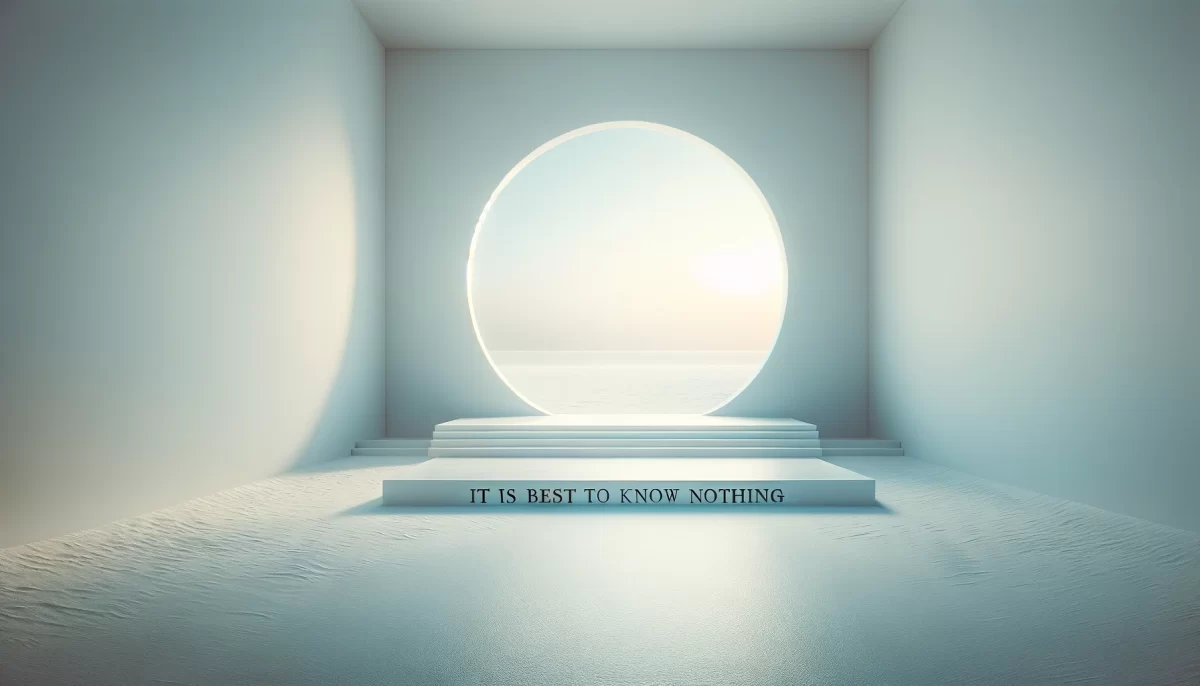



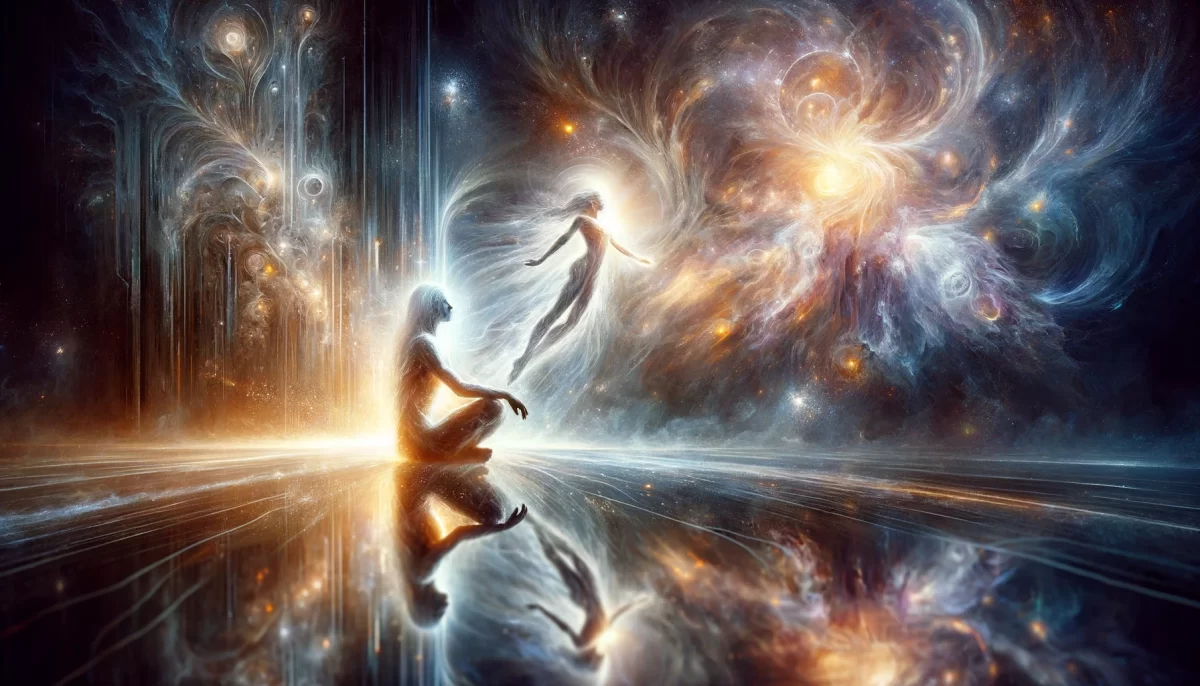

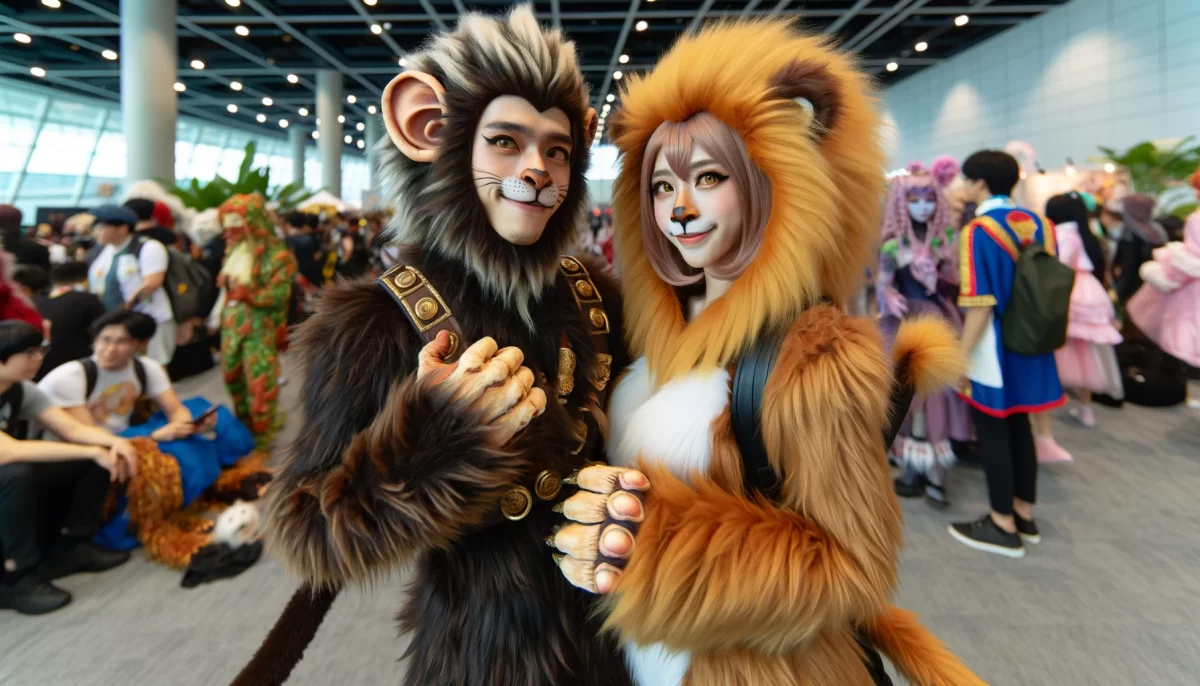
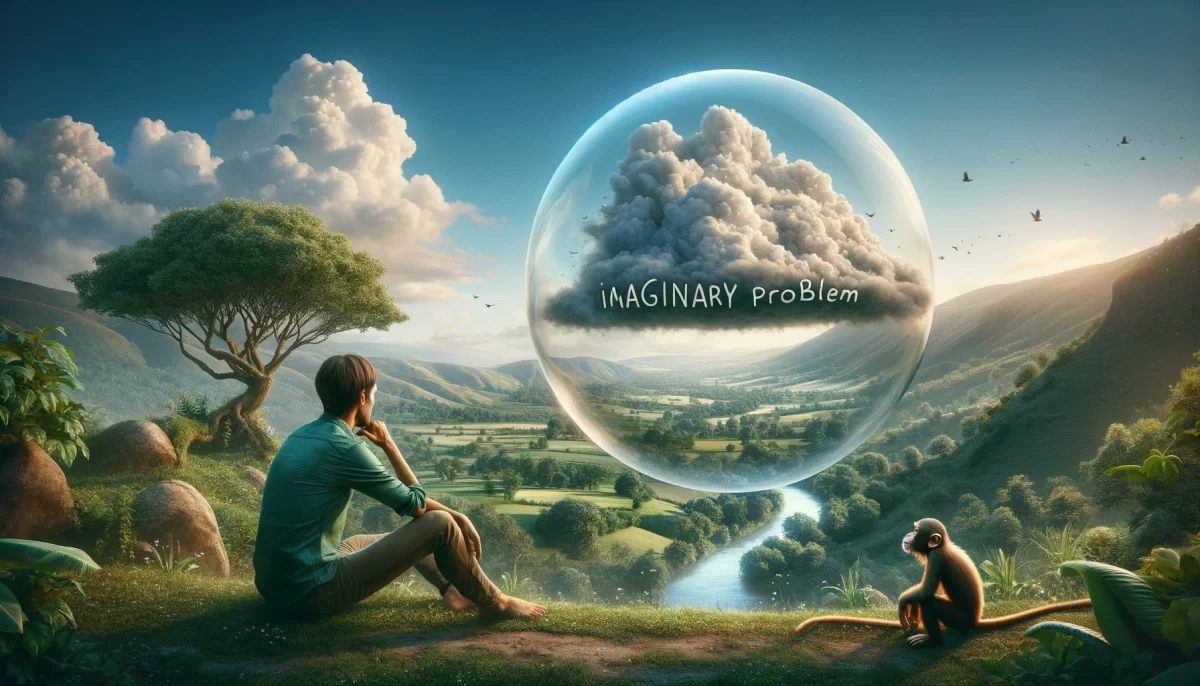
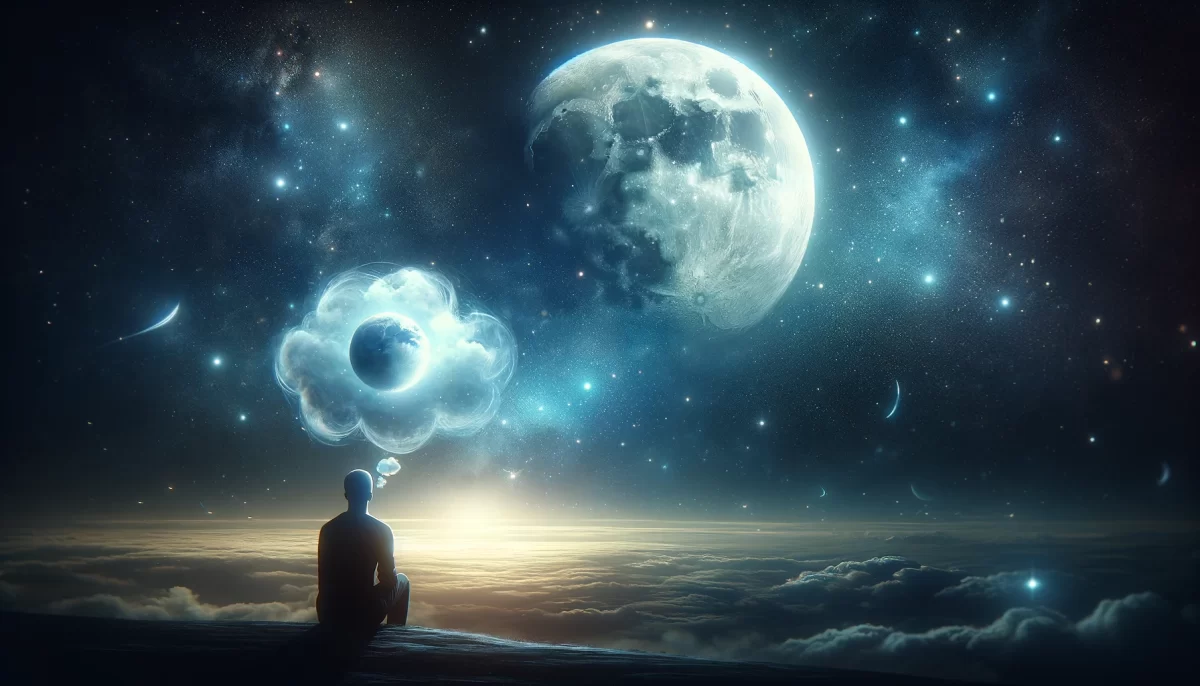






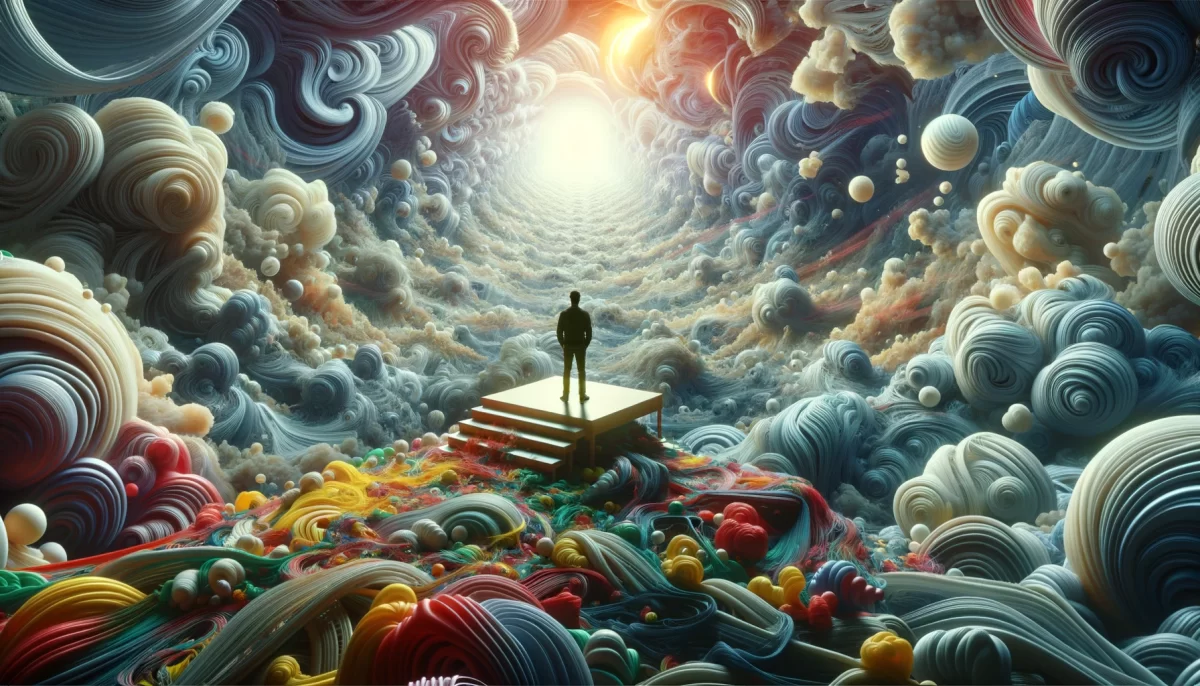
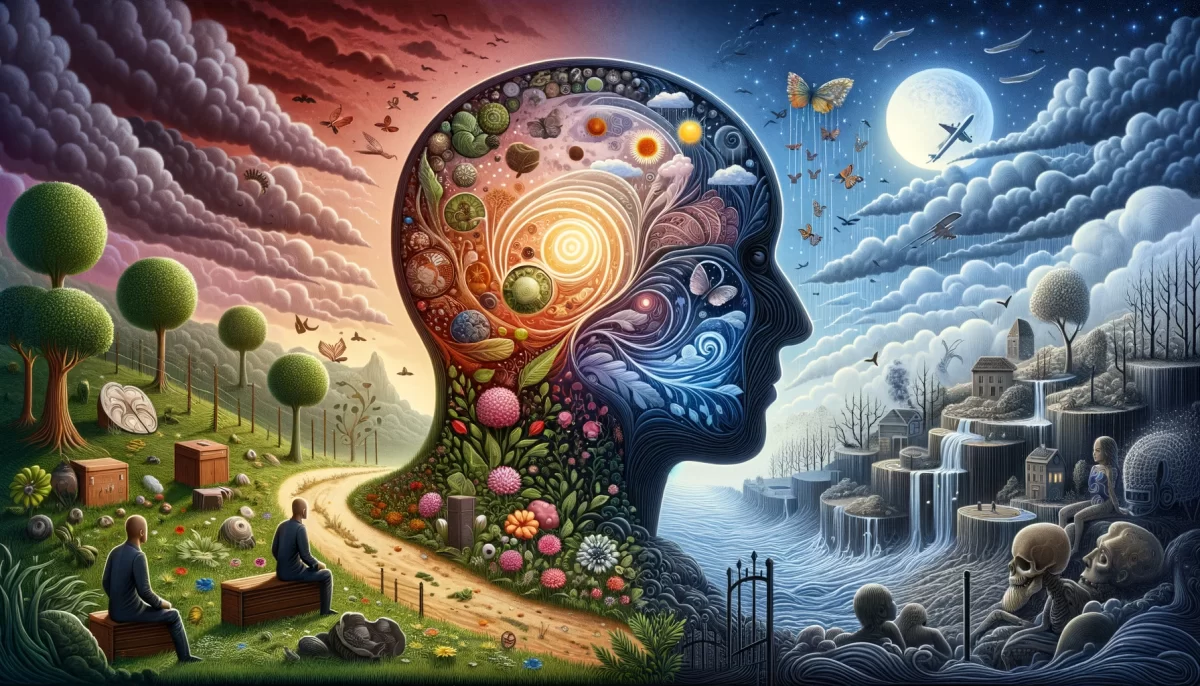



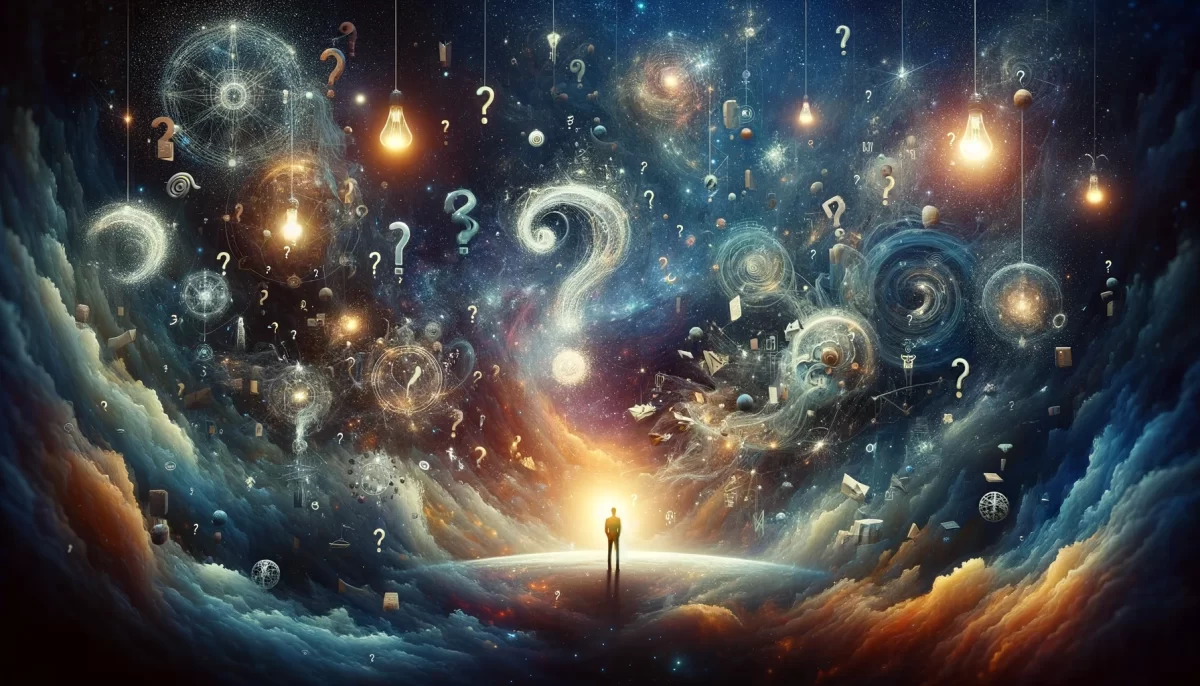
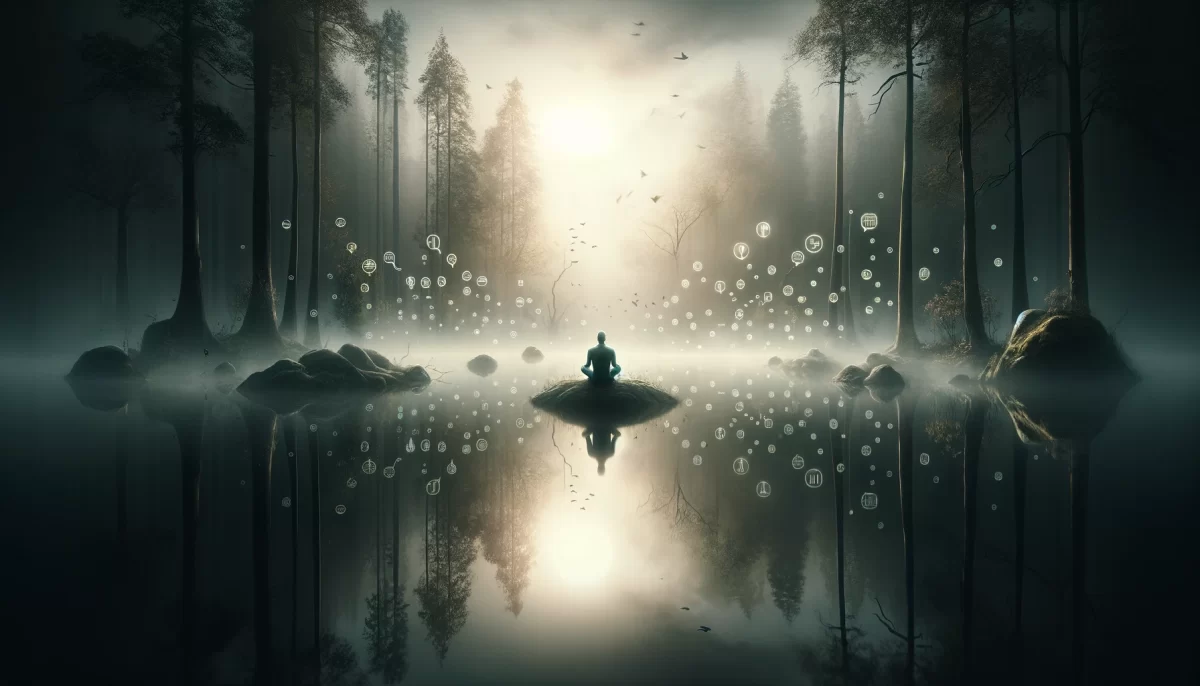


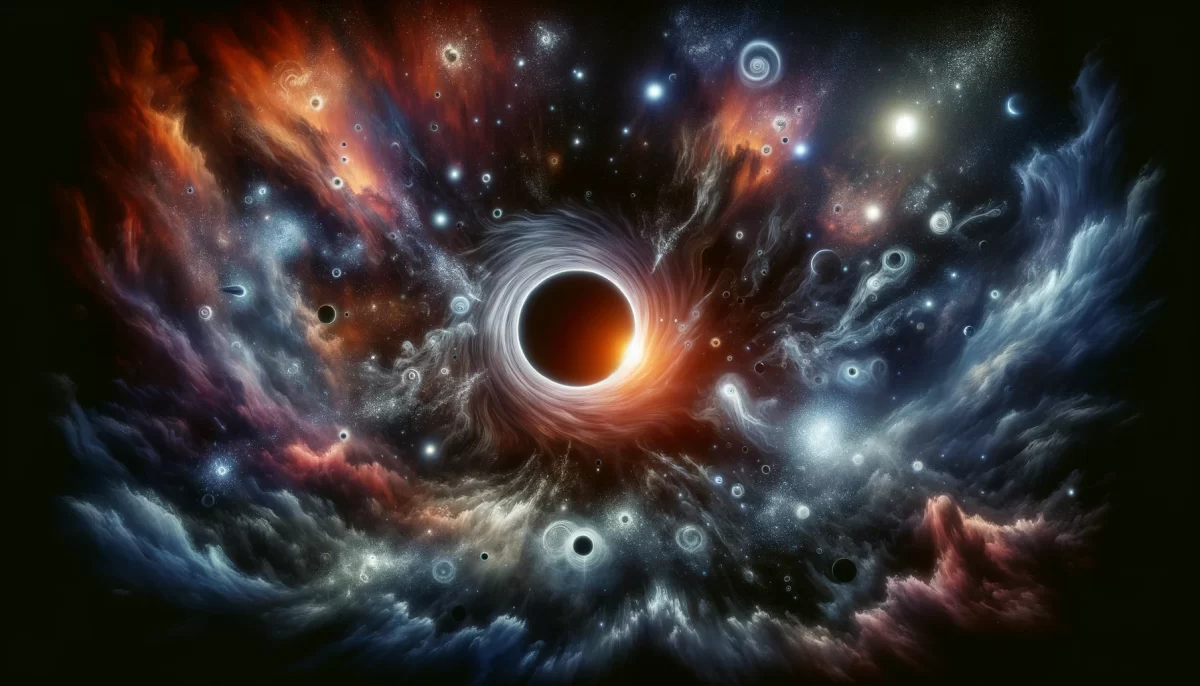

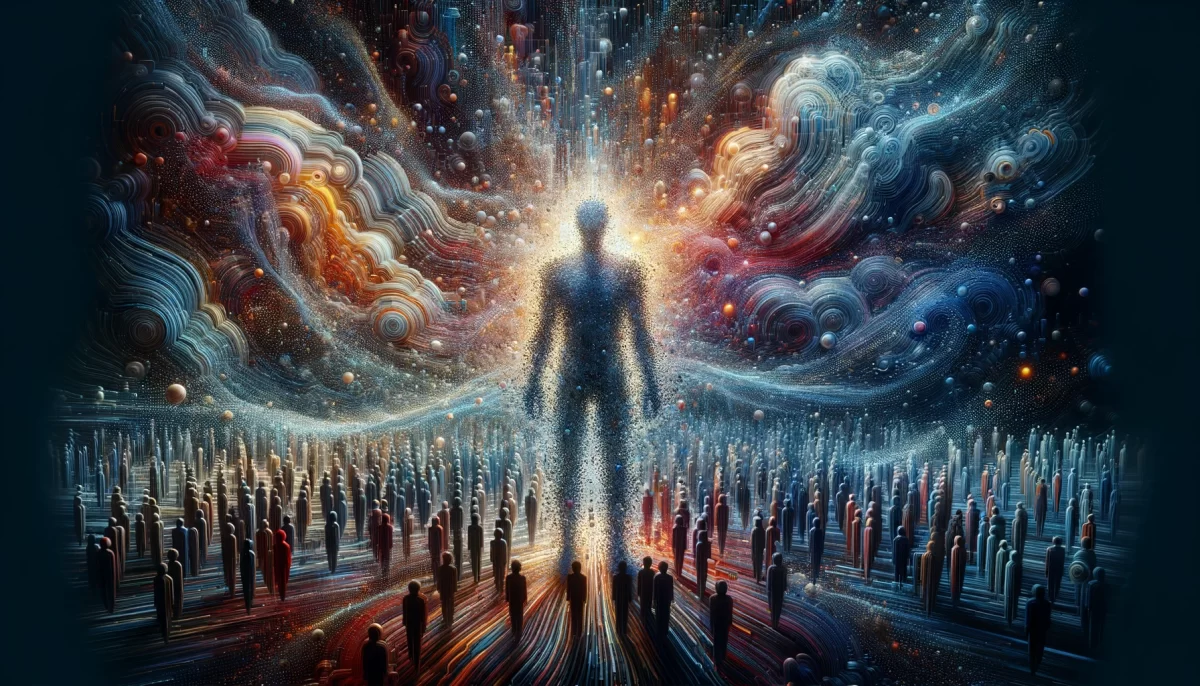


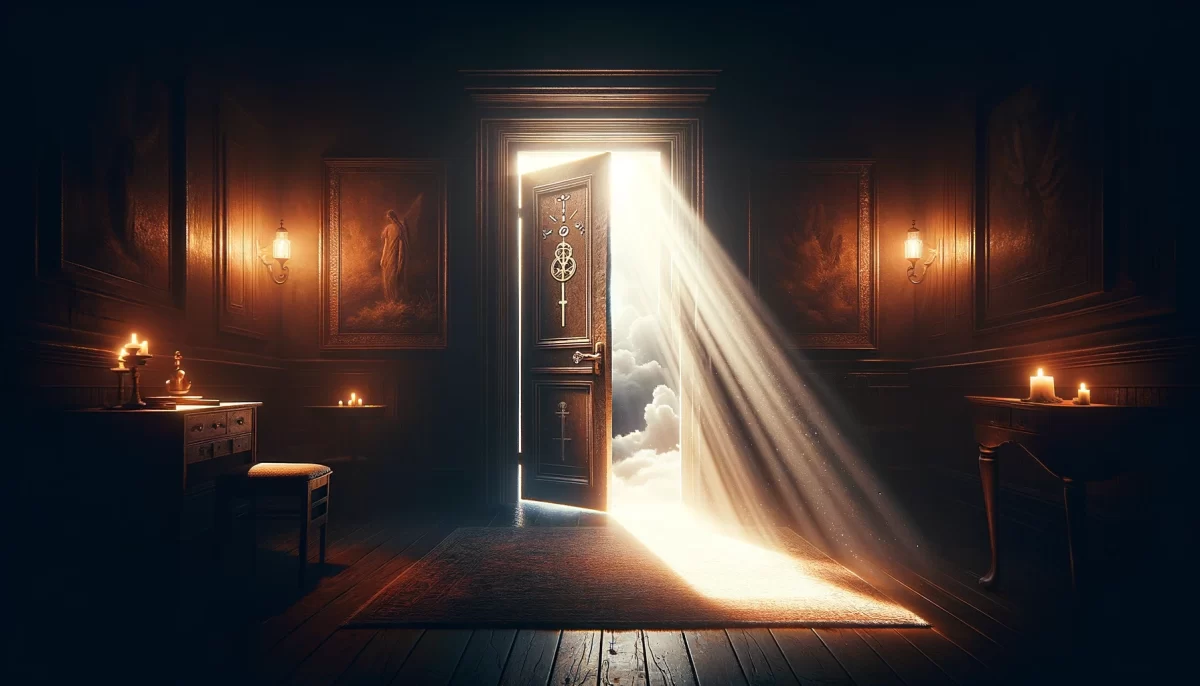
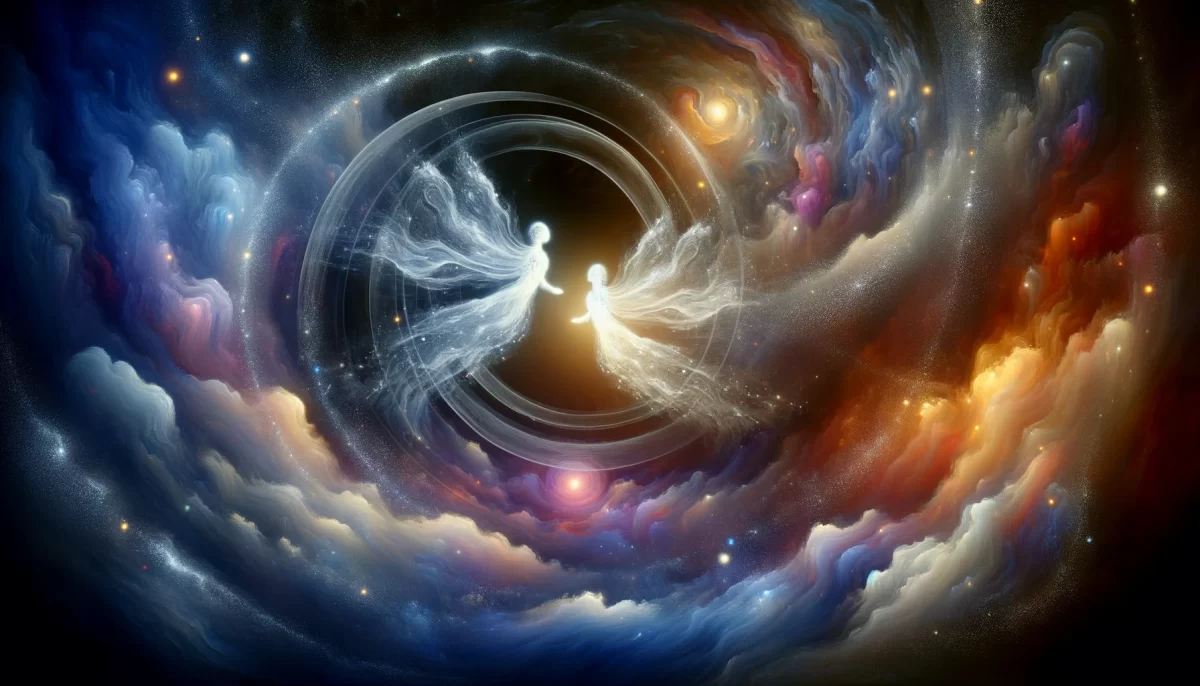


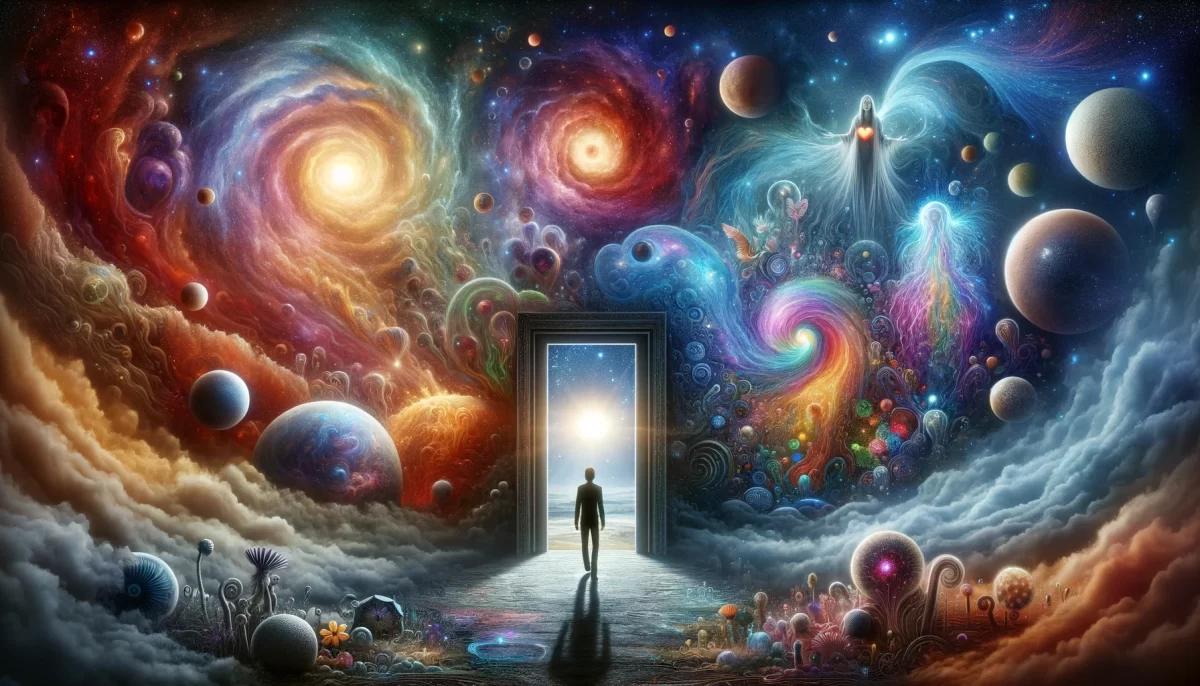
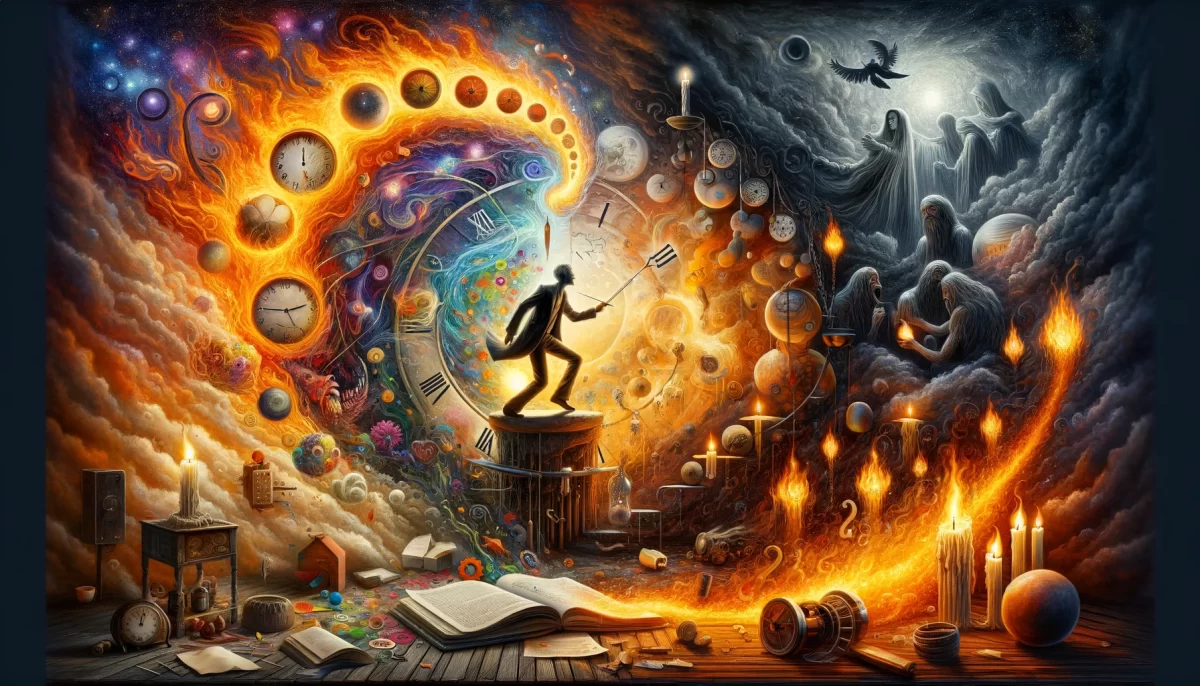

Leave a Reply